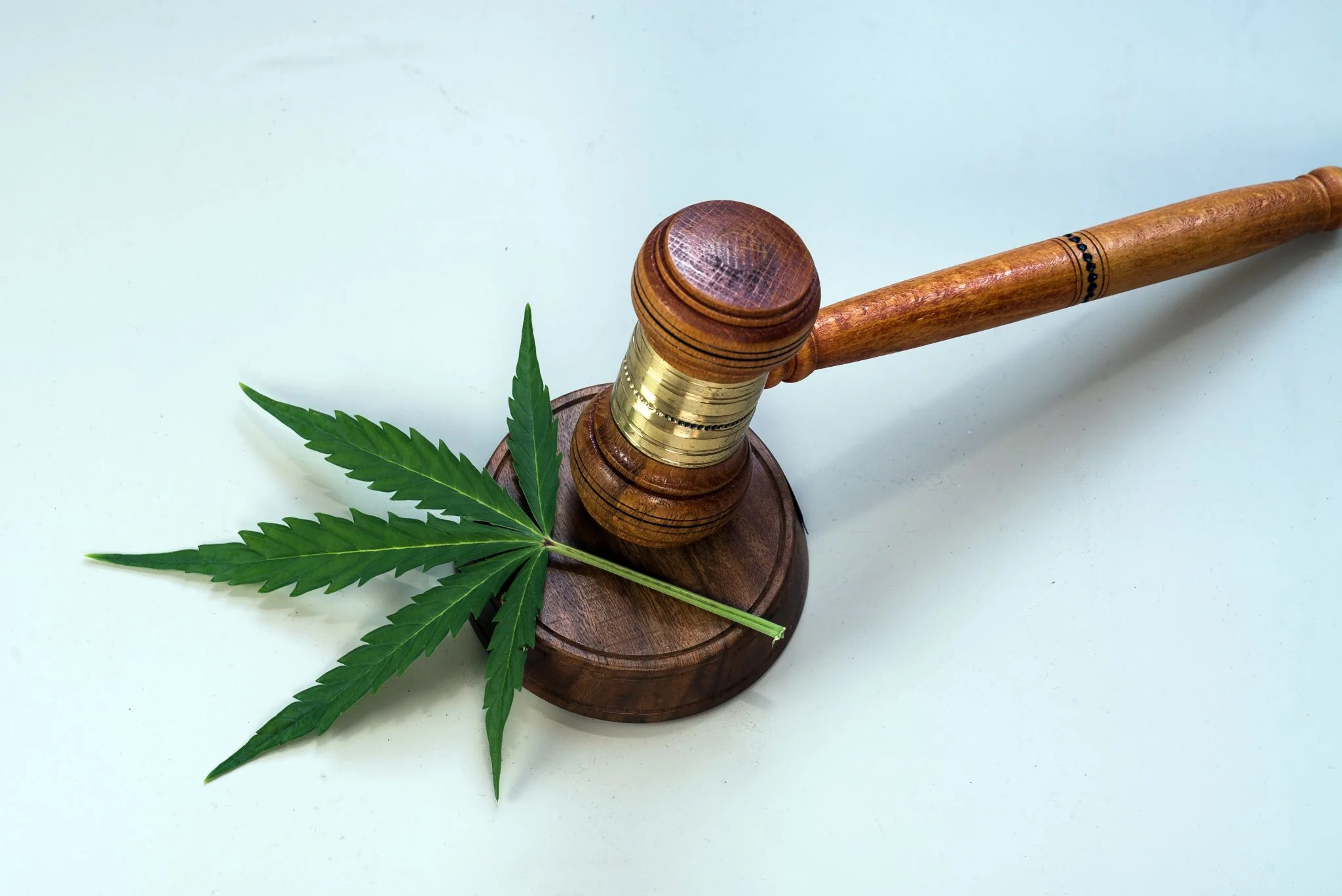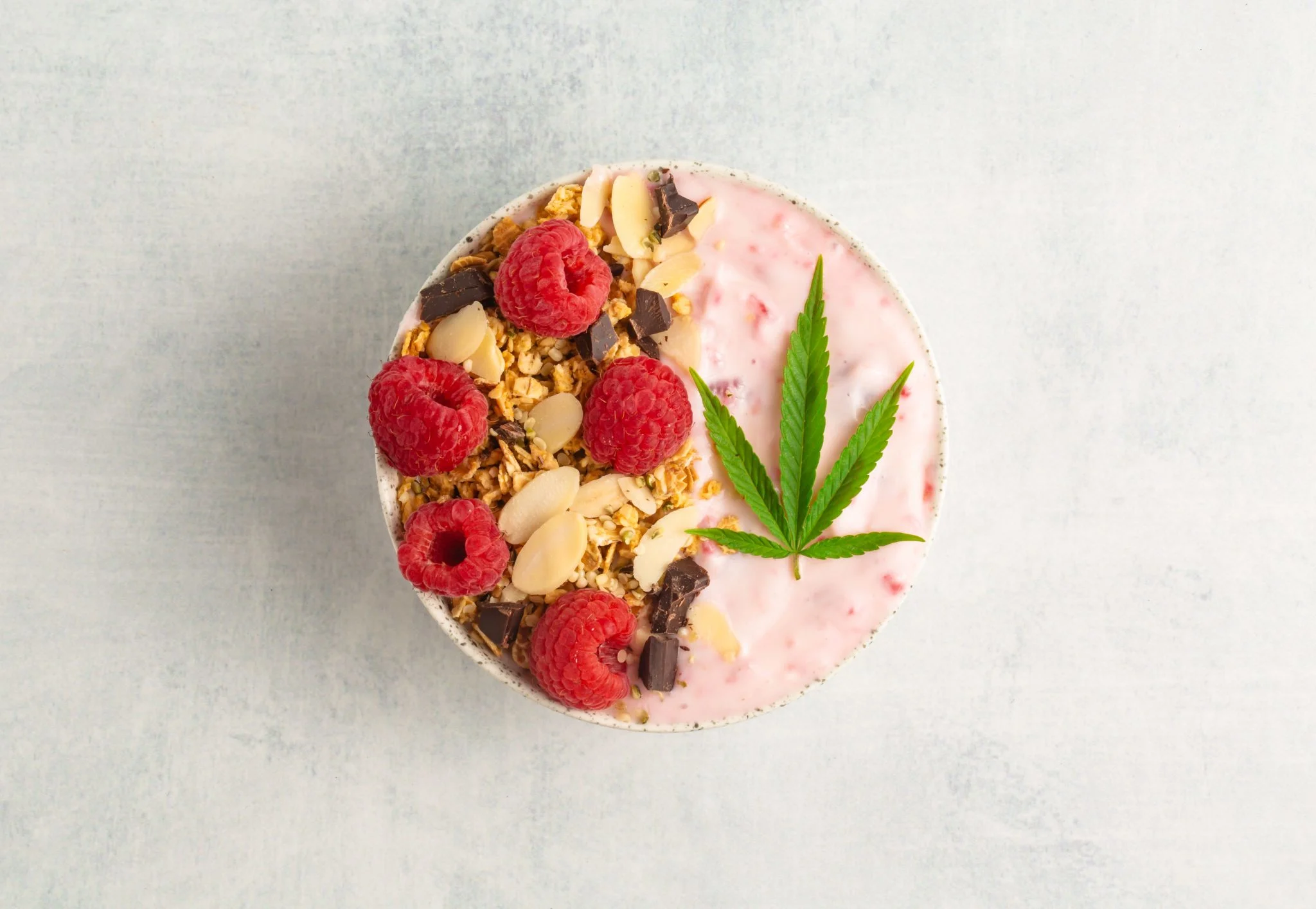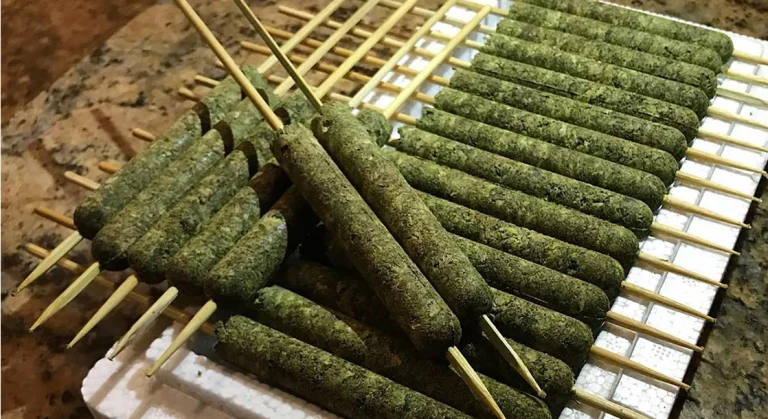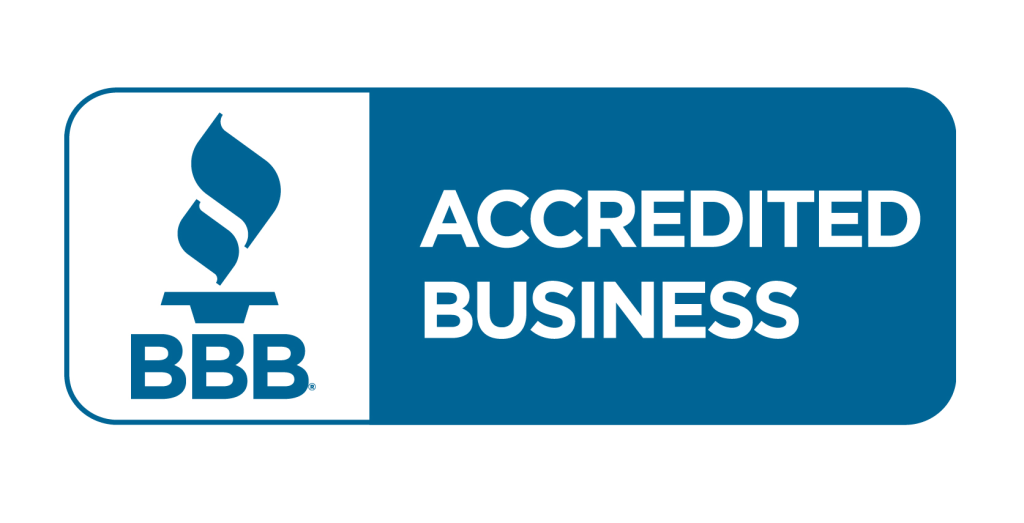Table of Contents
ToggleThe past year has been a very exciting period in the U.S. cannabis industry, bringing forth some of the most outstanding landmarks at the federal and state levels.
In November 2022, President Joe Biden signed a marijuana research bill into law, making it the first independent federal cannabis reform law in U.S. history.
Now, we have two bills proposing CBD food legalization and regulation while waiting for the Democrat and Republican senators to reach an agreement on the final language of the cannabis banking bill (the SAFE Banking Act).
While these are all a work in progress, it is exciting to see these many changes making headway all at once at the federal level.
Let’s shine some light on CBD food legality battles in the past years and the two bills currently leading the charge.
What have these bills to do with CBD-infused food? What would be their impact on the CBD industry? Is CBD-infused food legal? We’re going to find out.
FDA and CBD Food Legalization: Some Background
Cannabidiol (CBD) products have been a dietary supplement in the U.S. market for the longest time. Despite its ubiquity in the market, CBD-infused food products are federally illegal unless derived from hemp.
Though embattled by back and forth with the FDA, the proponents of CBD legalization are relentless in their mission to ensure that CBD food one day sees the light of federal legality.
In June 2018, the FDA approved Epidiolex, the first drug made from CBD. But you see, while this approval would ordinarily seem like a cause for jubilation in the CBD industry, it was actually more of a damper.
By virtue of CBD’s authorization as an ingredient for investigation as a new drug (IND), it seemingly lost its bargaining chips to push for approval as a dietary supplement.
According to section 201(ff)(3)(B) of the Food, Drug, and Cosmetic Act (FD&C Act) [21 U.S.C. § 321(ff)(3)(B)],
“If a substance is an active ingredient in a drug product that has been approved, or has been authorized for investigation as a new drug for which substantial clinical investigations have been instituted and for which the existence of such investigations has been made public, then products containing that substance are excluded from the definition of a dietary supplement.”
There is an exception if the given substance was marketed as a dietary supplement before getting an IND authorization or approval as a drug.
Implications of the CBD IND and FD&C Act on CBD-infused Food Legalization
In simple terms, any substance used as an active ingredient in a drug or broadly researched for medicinal purposes cannot serve as a dietary supplement.
The logic is that if a substance is fit enough to be a drug or an active ingredient in a drug, then it is not something the populace should consume without proper dosing/prescription or on a whim.
By approving Epidiolex, the FDA had technically made all CBD foods and supplements illegal at the federal level.
Although CBD manufacturers claim they have been marketing CBD as a dietary supplement long before GW pharmaceuticals filed for their CBD drugs’ approval, the FDA maintains a position that their records state otherwise; therefore, CBD does not qualify for the exception.
Attempts by the CBD manufacturers to push any further met a deadlock until the Farm Bill was enacted into law in December 2018.
The Farm Bill legalized the commercial production and use of hemp, thus removing hemp and hemp-derived CBD from the Controlled Substance Act but retaining FDA’s authority to regulate hemp and hemp-derived products.
Hemp is a cannabis variety with less than 0.3% THC, the psychoactive substance in cannabis.
The exemption of hemp from the list of controlled substances was an absolute game changer for the CBD industry.
Following the Farm Bill enactment, there was an immediate boom in hemp-derived CBD sales, despite the fact that the FDA didn’t accord it the “generally recognized as safe” (GRAS) status.
Is CBD-Infused Food Legal?
Even though the FDA had yet to institute and enforce an encompassing regulatory framework for hemp and hemp-derived products, CBD sales kept soaring.

Due to how manufacturers – both quack and authentic – proliferated CBD in the markets, one would think it’s legal. And if you were to ask, “Is CBD-infused food legal?” most individuals would say it is legal.
So, is CBD-infused food legal? Can I sell CBD-infused food? The simple answer to both questions is no.
The truth is, CBD-infused food wasn’t federally legal then and still isn’t. Nevertheless, CBD food is legal in some states; check your area’s regulations to confirm its legality.
At the Federal level, FDA maintains a hardline approach against companies involved in CBD manufacture, especially CBD foods and beverages.
New Line of Actions for CBD Food Legalization
In 2020, Rep. Collin Peterson proposed a bill to amend a part of the language of section 201(ff)(3)(B) of the FD&C Act to exempt hemp CBD and hemp CBD products from substances excluded as fit to be dietary supplements.
Basically, the aim was to insert “other than hemp-derived cannabidiol or a hemp-derived cannabidiol containing substance” after the word “public.” For context, refer to the quoted excerpt from the FD&C Act.
If the bill had passed, it would have federally legalized CBD while subjecting it to all the regulatory frameworks guiding other ingredients (such as calcium and caffeine) used in dietary supplements.
Unfortunately, it didn’t pass.
FDA Greenlights Appropriate CBD Food Regulation (in Cooperation With Congress)
However, in January 2023, the FDA published a statement acknowledging that the current regulatory frameworks for supplements and foods are not appropriate for CBD and expressed willingness to work with Congress on better regulatory laws.
In the statement, the FDA Principal Deputy Commissioner pointed out that with the massive growth of the CBD industry and the consequent public safety concerns, it is necessary to work with Congress to create appropriate CBD regulatory frameworks.
The frameworks would address citizens’ desire to access CBD products, rulemaking for CBD food for animals, risk management for public safety, and providing general oversight for CBD and CBD-derived products.
These frameworks would create a path for CBD to meet specific safety standards that’ll make it legally marketable as a food additive or dietary supplement.
In the meantime, FDA maintains a hardline position on the proliferation of CBD products in the market.
Congress Introduces Bills to Regulate and Legalize CBD Food
Barely two months after the FDA’s public statement, Morgan Griffith introduced two pieces of legislation to facilitate CBD regulation in the U.S.
They were the following:
- Hemp and Hemp-Derived CBD Consumer Protection and Market Stabilization Act of 2023
- CBD Product Safety and Standardization Act
For Griffith, these bills are a matter of helping the FDA eliminate the confusion surrounding CBD legality in the U.S. The bills are a nudge in the right direction to ensure that the FDA can finally attain the appropriate regulation of CBD in the food and dietary supplement industry.
Hemp and Hemp-Derived CBD Consumer Protection and Market Stabilization Act of 2023
This bill addresses the language of section 201(ff)(3)(B) of the FD&C Act, which exempts CBD from the definition of dietary supplement.
It aims to create a pathway for the FDA to legalize hemp, hemp-derived CBD, and other hemp-derived products for legal use as a dietary supplement and other purposes.
If enacted, the implication for the CBD industry is that all hemp CBD foods and related products in the U.S. cannabis market must —
- Meet all the requirements instituted by the FD&C Act for a dietary supplement containing a new dietary ingredient
- Meet all other FD&C dietary supplement requirements and the Fair Packaging and Labeling Act
CBD Product Safety and Standardization Act of 2023
This bill proposes the amendment of section 301(ll) of the FD&C Act, which prohibits the interstate commerce of CBD food in the U.S.
It aims to standardize the U.S. CBD industry and authorize the regulation of interstate commerce of hemp CBD food and dietary supplements.
If enacted, the implication for the CBD industry is that all hemp CBD foods and related products in the U.S. cannabis market must —
- Meet the standards for the maximum amount of hemp CBD per serving.
- Meet all requirements for labeling and packaging
- Meet all conditions specific to the given food category for which hemp CBD is an ingredient.
These bills are still in the introduction phase but have garnered substantial support from top organizations in the U.S., including the U.S. Hemp Roundtable, the American Herbal Products Association, Council for Responsible Nutrition, and the Alliance for Natural Health USA.
With new cosponsors registered this month, the number of the bills’ cosponsors continues to rise.
Although these bills do not particularly align with the FDA’s expectations for “new” regulatory frameworks, there are some glimmers of hope that the bills will set the cog rolling for the eventual legalization of CBD food.

Keeping Up With the Cannabis Industry
At Elevate Holistics, we tirelessly work to ensure that patients have proper guidance while navigating the unstable waters of the cannabis industry.
To that end, we go the extra mile to provide background information on certain happenings in the industry so you are not bemused by the current events and how they came to be.
Our dedication to keeping you informed does not take away from the fact that we’re indisputably the #1 telehealth service provider for hundreds of thousands of American patients who rely on us for quick and hassle-free MMJ card services. And all it takes is thirty minutes!
Click here or the button below to register with us and get your MMJ card ASAP.








